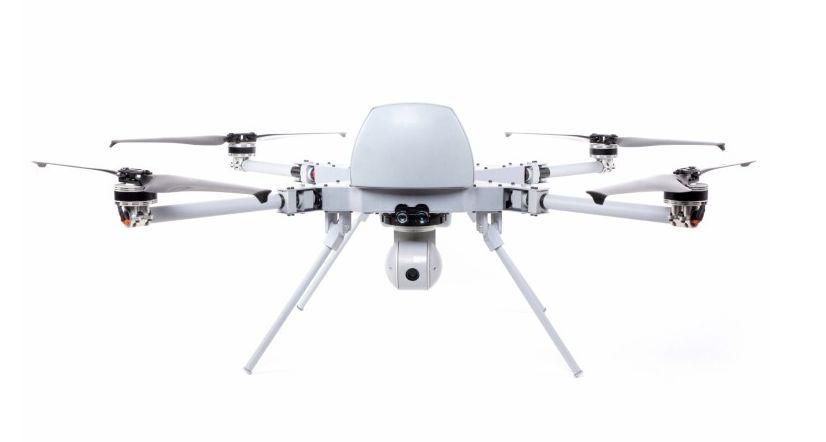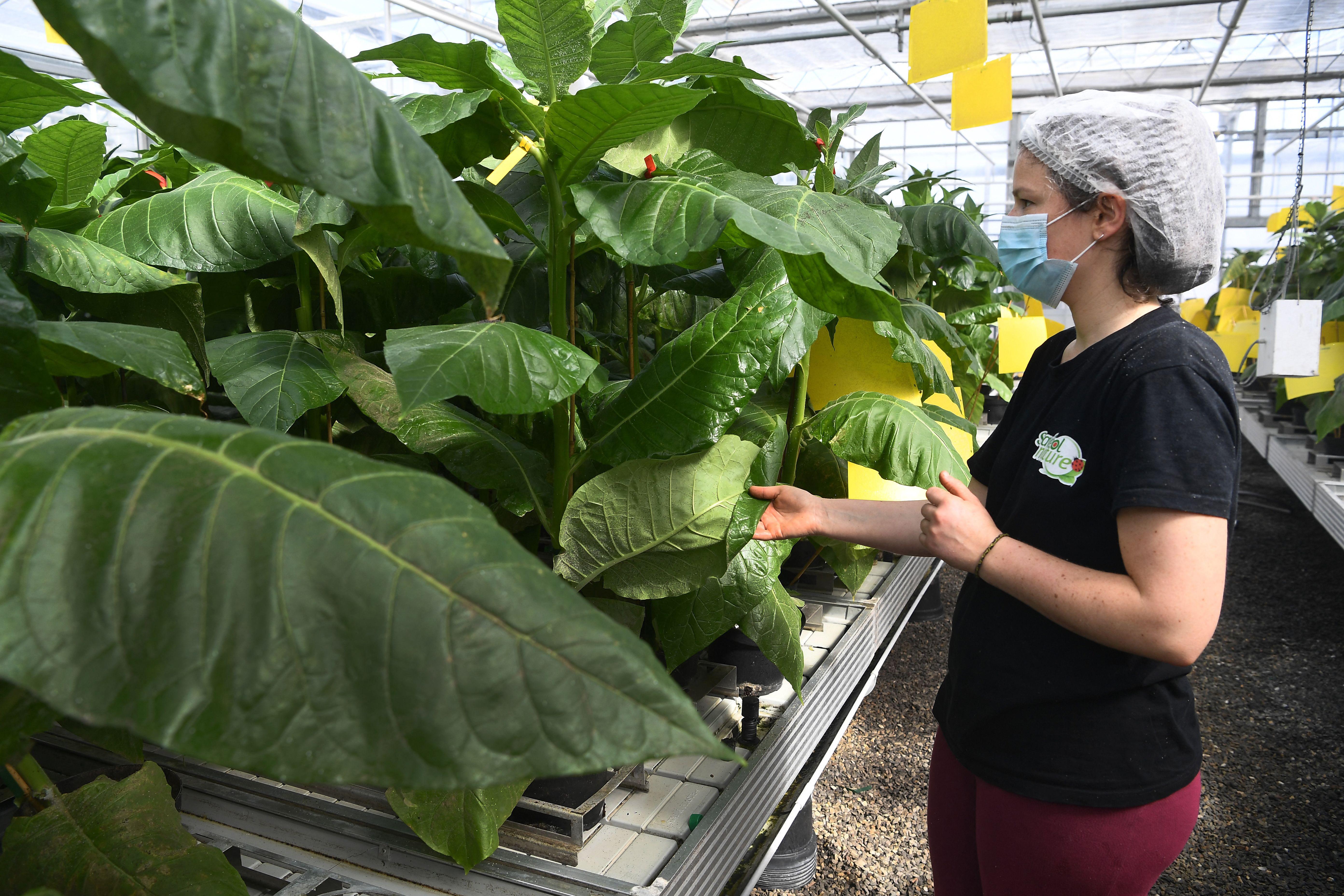Tech Trends
The evidence for a link between time spent using technology and mental health is fatally flawed.
As a form of civil disobedience, hacking can help make the world a better place.
The first nation to make bitcoin legal tender will use geothermal energy to mine it.
A brief passage from a recent UN report describes what could be the first-known case of an autonomous weapon, powered by artificial intelligence, killing in the battlefield.
She helped create CRISPR, a gene-editing technology that is changing the way we treat genetic diseases and even how we produce food.
Vaccines can be grown in and extracted from the leaves of plants.
Can one equation unite all of physics?
▸
6 min
—
with
The helicopter’s sixth mission almost went down in disaster.
Virtual tourism has thus far been a futuristic dream, but a world shaped by Covid-19 may be ready to accept it.
A famous thought experiment from the 1970s is more relevant today than ever before.
Contact-tracing apps can be a useful tool for public health, but they have considerable false positive and false negative rates.
Curious about the most used emoji on social media?
A new study calls the technique “location spoofing.”
Ever lose track of time while doing something? It gets worse with a VR headset on.
Our love-hate relationship with browser tabs drives all of us crazy. There is a solution.
A new study explores how investors’ behavior is affected by participating in online communities, like Reddit’s WallStreetBets.
A machine learning system lets visitors at a Kandinsky exhibition hear the artwork.
A team of scientists managed to install onto a smartphone a spectrometer that’s capable of identifying specific molecules — with cheap parts you can buy online.
Companies can identify you from your music preferences, as well as influence and profit from your behavior.
Do you sound friendly? Hostile? And which voice would be more likely to buy something?
And is anyone protecting children’s data?
The pandemic has many people questioning whether they ever want to go back to the office.
The design of a classic video game yields insights on how to address global poverty.
The more you see them, the better you get at spotting the signs.
When we look at the night sky, we may see junk instead of stars.
The conventional wisdom may be wrong. Consulting Google for information about medical symptoms might not be as counterproductive as commonly thought, new research suggests.
The bird demonstrates cutting-edge technology for devising self-folding nanoscale robots.
The independent news collective is teaching a new generation of journalists and citizens to spot the stories in plain sight.
The key? A computational flattening algorithm.





























